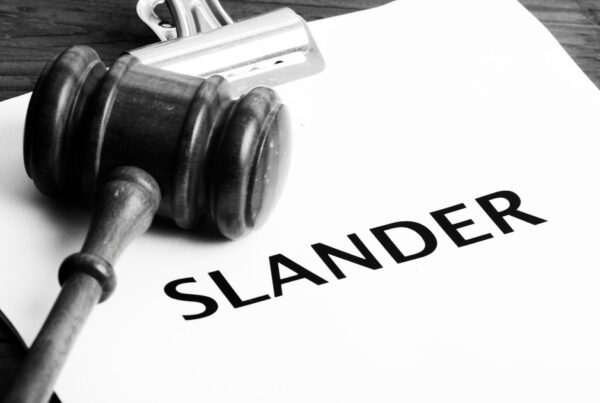 Renting out your condo in the Sunshine State can be a lucrative endeavor, but it also comes with a set of legal considerations and best practices that every Florida condo owner should be aware of.
Renting out your condo in the Sunshine State can be a lucrative endeavor, but it also comes with a set of legal considerations and best practices that every Florida condo owner should be aware of.
Whether you’re a seasoned landlord or just dipping your toes into the rental market, this guide will help you navigate the complexities while ensuring your investment stays on the right side of the law.
Understanding Florida’s Landlord-Tenant Laws
Before you welcome your first tenant, it’s essential to acquaint yourself with Florida’s landlord-tenant laws. These laws govern the landlord-tenant relationship and outline the rights and responsibilities of both parties. Key points to keep in mind include:
1.Lease Agreements
Create a comprehensive lease agreement that outlines the terms of the rental, including rent amount, due dates, security deposit details, and rules for the property. This legally binding document sets clear expectations for both you and your tenant.
2.Security Deposits
Florida law specifies how security deposits should be handled. You’re generally required to return the deposit within 15 days of the lease’s termination, along with an itemized list of any deductions.
3.Evictions
If you encounter issues with a tenant, the eviction process must be carried out in accordance with state law. Engaging legal counsel can be crucial to ensure eviction proceedings comply with the law.
4.Property Maintenance
Florida landlords are obligated to maintain their rental properties in a habitable condition. Regular maintenance and addressing repair requests promptly are essential.
Condo Association Rules
In addition to state laws, condo owners must adhere to the rules and regulations set forth by their condominium association. These rules may include restrictions on leasing, tenant screening, and property maintenance. Make sure to familiarize yourself with your condo association’s bylaws to avoid any conflicts.
Insurance Considerations
Rental property insurance is a must. While your condo association typically carries insurance for common areas, you’ll need a separate policy to cover your unit and liability as a landlord. This insurance can protect you in case of accidents or damage to your property.
Tenant Screening
Thoroughly vetting potential tenants is vital to protect your investment. Conduct background checks, verify rental history, and check references. Following a consistent screening process can help you select reliable tenants and avoid future problems.
Rent Collection & Taxes
Establish a system for rent collection that is convenient for both you and your tenants. It’s also crucial to understand your tax obligations as a landlord in Florida, including income tax and local rental taxes, and ensure you comply with them.
Conclusion
Renting out your condo in Florida can be a profitable venture, but it’s essential to navigate the legal landscape carefully. Understanding Florida’s landlord-tenant laws, adhering to condo association rules, securing the right insurance, screening tenants diligently, and managing rent collection and taxes are all vital components of successful condo rental ownership. By following these legal considerations and best practices, you can embark on your condo rental journey with confidence and peace of mind.
Remember, consulting with a legal expert experienced in Florida real estate law can provide you with valuable guidance and ensure that you’re on the right track.
For more quality legal guidance on this topic, contact one of our experienced attorneys at 305-570-2208. You can also email our lead attorney Eduardo directly at eduardo@ayalalawpa.com.
We at Ayala Law PA are passionate about helping those in legal need, so please don’t hesitate to schedule a case evaluation with us online here.
Subscribe to Our Blog
Stay informed with our latest blog posts delivered directly to your inbox. Gain valuable legal insights, tips, and advice from our seasoned attorneys.






